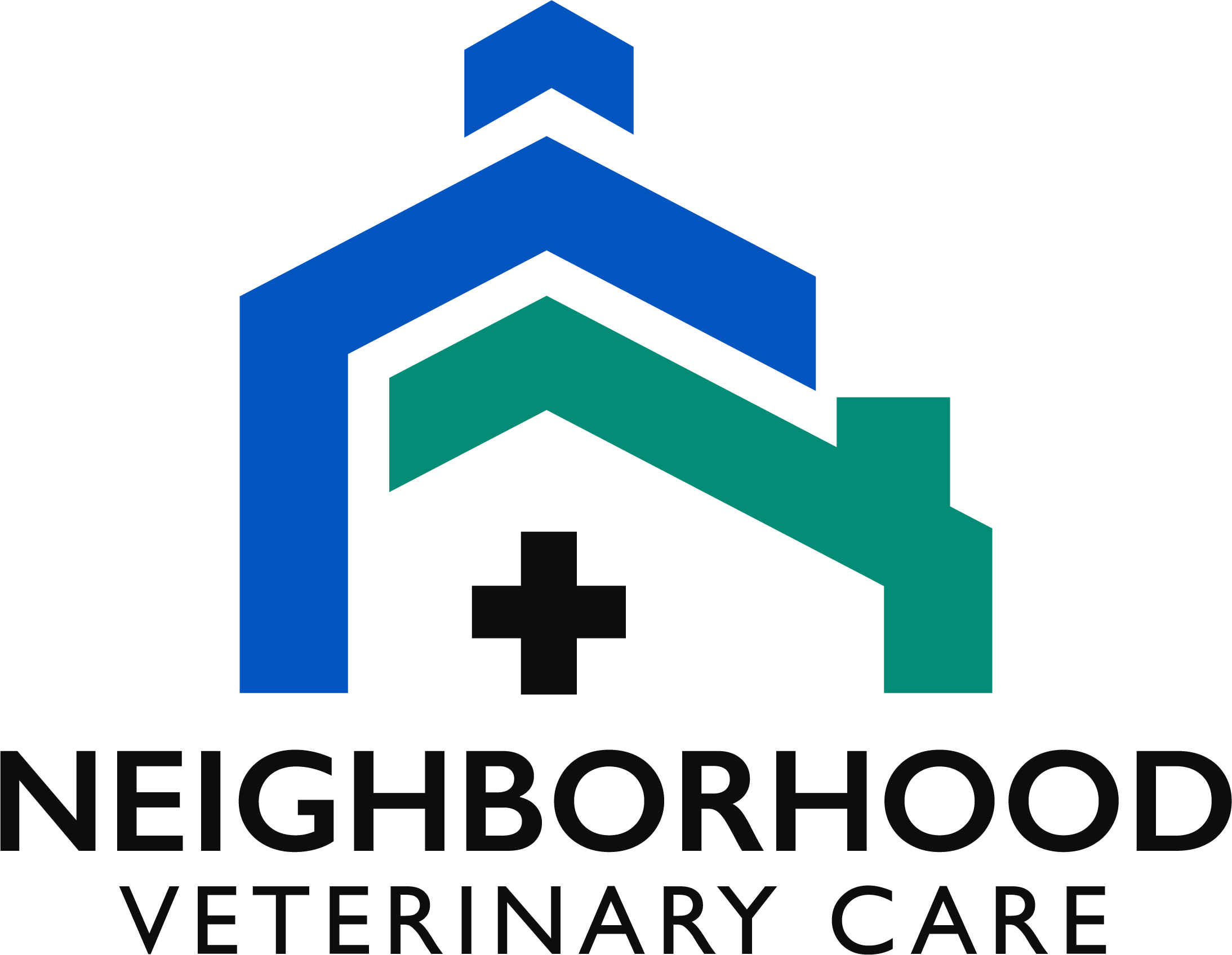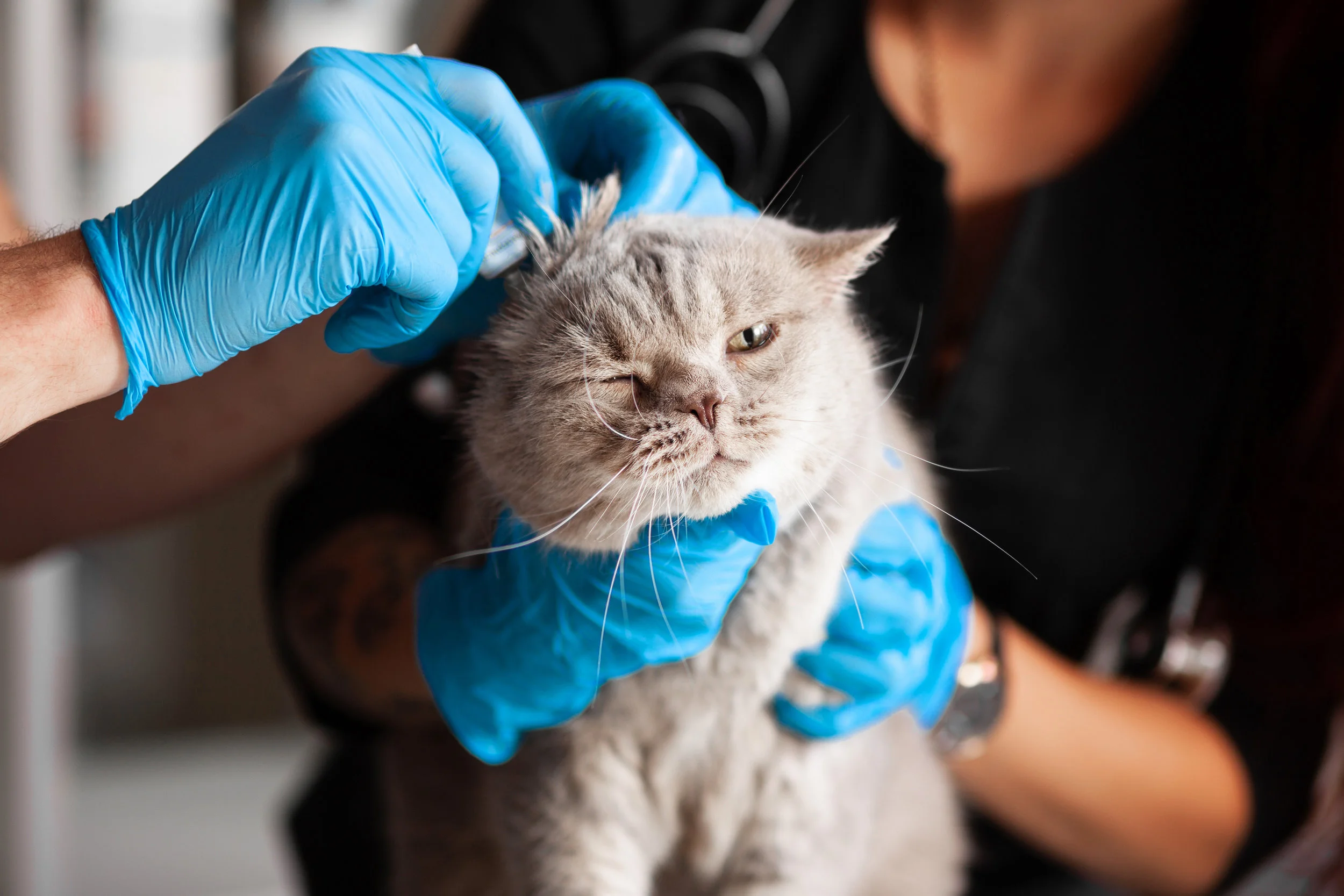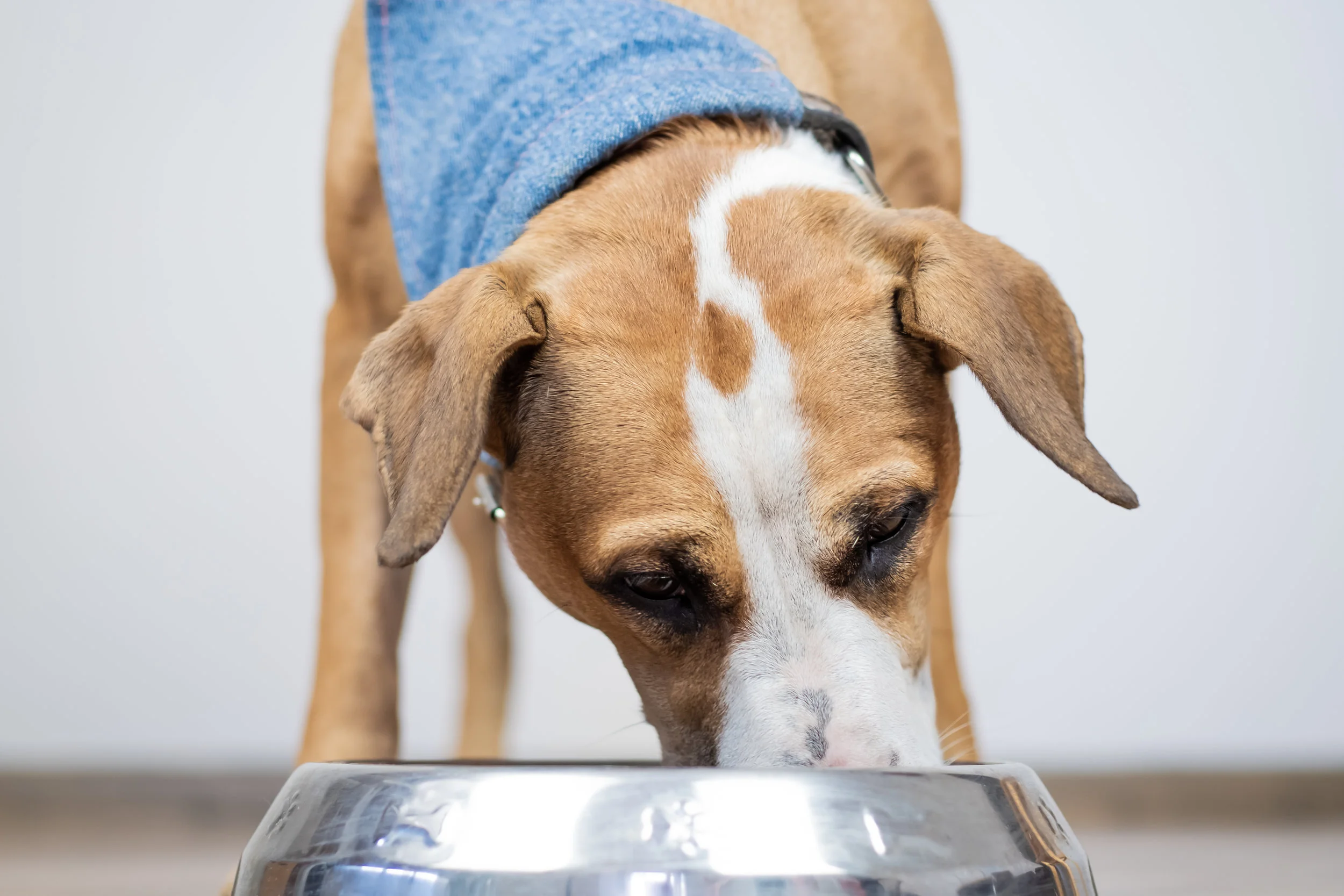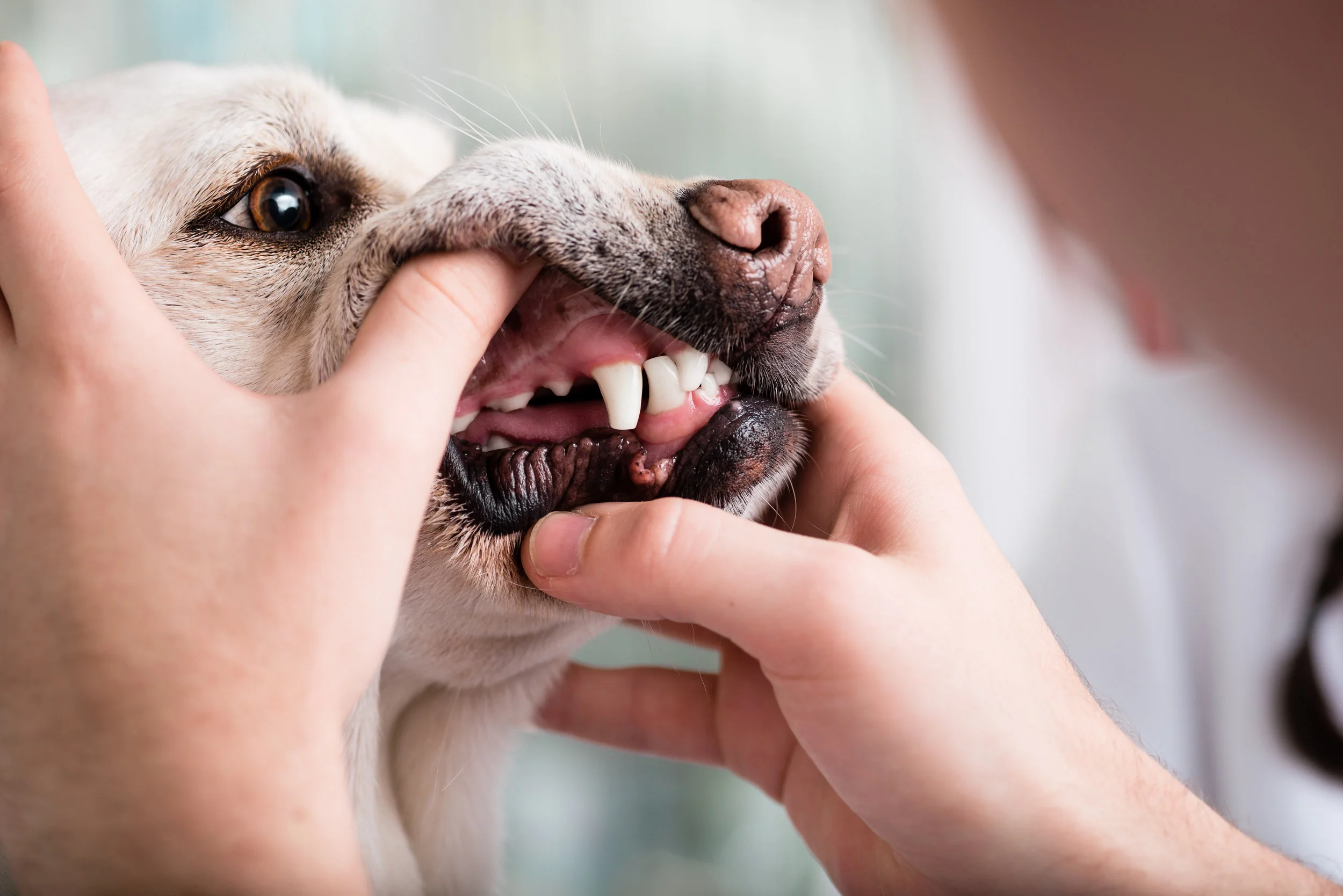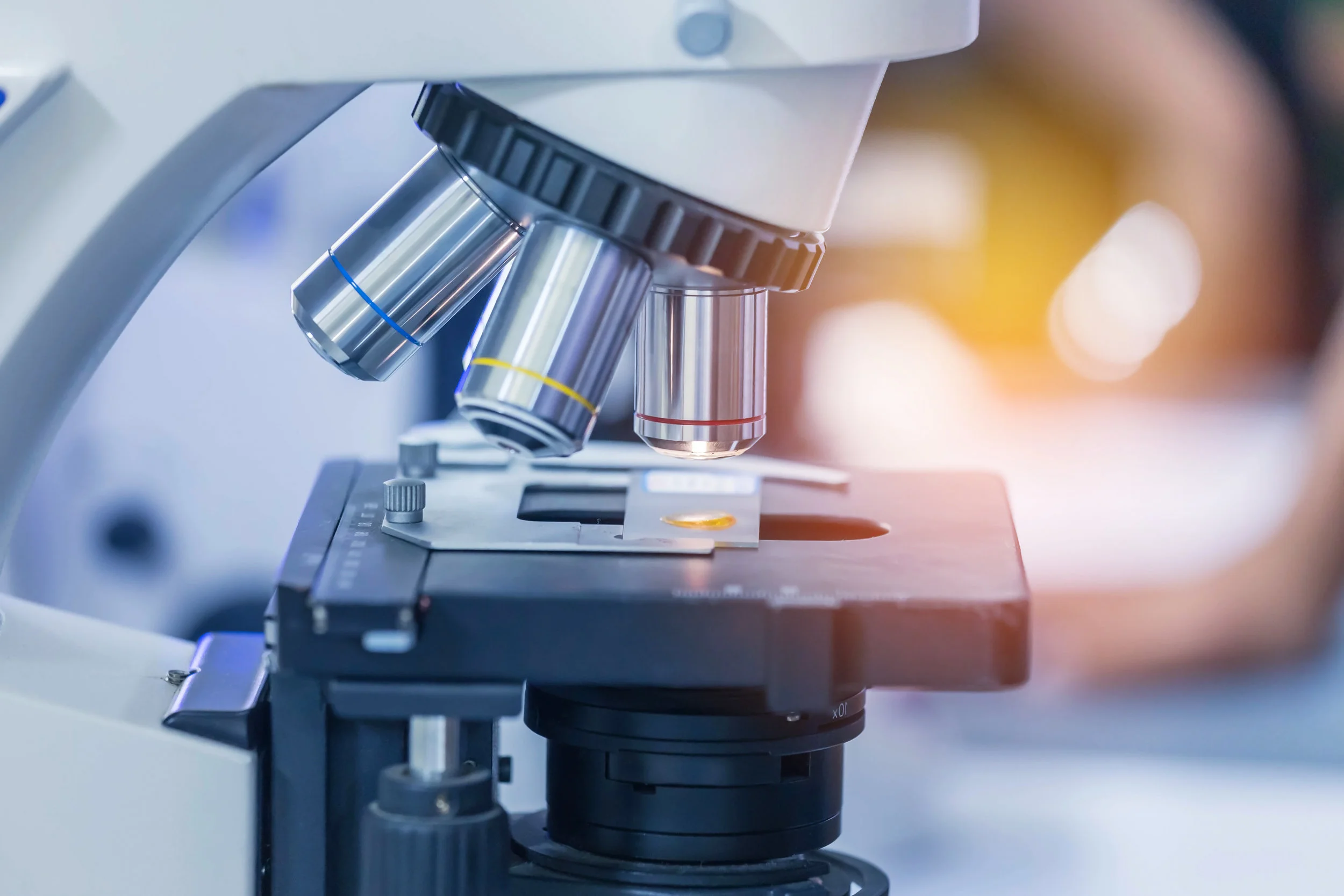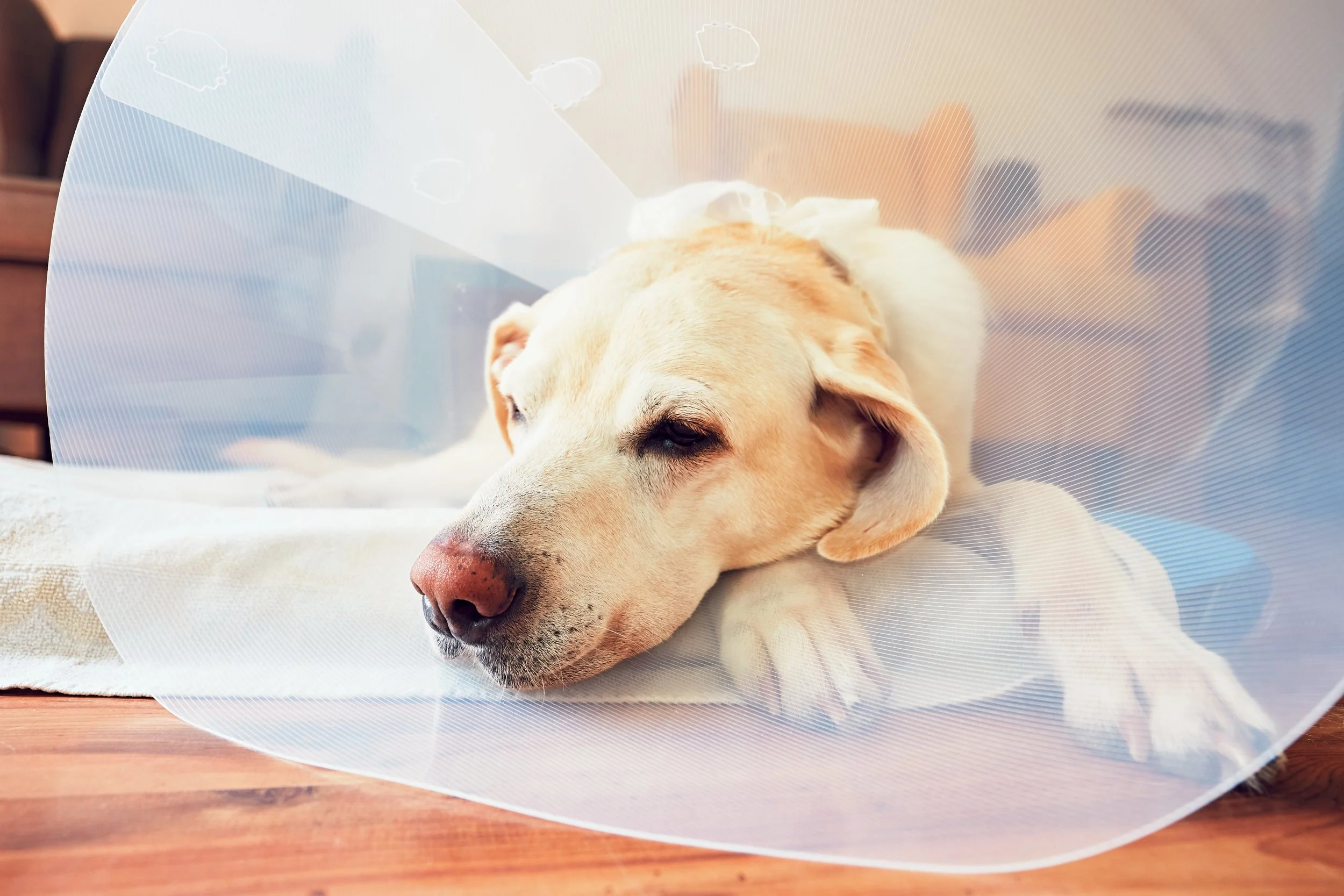SMALL ANIMAL
OUR CLINIC IS EQUIPPED TO PROVIDE YOUR DOG OR CAT WITH THE BEST PREVENTATIVE MEDICINE STRATEGIES AS WELL AS HELP SOLVE ANY PROBLEMS THAT MAY ARISE WITH THEIR HEALTH.
Preventative Care & Wellness Exams
Vaccinations and parasite prevention are an important component of every dog and cat’s health care plan. We will create a personalized plan to meet your pet’s needs.
A thorough physical examination on an annual basis for all cats and dogs is important for establishing a baseline for their health. It allows for early detection of disease or illness, therefore helping to ensure prompt treatment before a medical problem becomes more serious.
As our pets become older, they may require specialized care to address their unique health needs. Our goal is to help them maintain the best quality of life possible during their senior years. In order to do this, we will screen for age-related health conditions with a physical exam and lab testing, as well as closely manage pain and mobility with a variety of therapy options.
Nutrition & Weight Management
Diet creates the foundation to helping our pets live longer healthier lives. There are a lot of foods to choose from and it can be overwhelming. We are here to help answer your questions about nutrition and provide you with even more resources that will guide your choices when it comes to feeding your pet.
Many pets are suffering from obesity. This disease causes inflammation and increases the risk of developing diabetes, kidney disease, arthritis and cancer. Dogs and cats that are overweight have a reduced quality of life and do not live as long. It is our goal to assess your pet’s current body condition during every exam and help develop a plan for weight loss if needed.
Microchipping
A microchip is a small electronic chip about the size of a grain of rice that is injected under the skin. The chip transmits a unique ID number specific for your pet when scanned. If your pet is ever lost, found and then taken to a veterinary clinic or animal shelter, he or she would be scanned for a microchip. As long as the microchip registry has accurate information, your pet can quickly be reunited with you.
Dentistry
Oral health is so important for our companion animals because the consequences of ignoring dental problems go beyond bad breath. Periodontal disease can lead to not only tooth loss, but also bacterial infection of the heart, liver and kidneys. 80% of dogs over the age of 3 and at least 50% of cats have advanced periodontal disease that require immediate professional treatment.
Clinical signs of dental pain may include the following:
No signs at all- Dogs & cats rarely show signs of dental pain. This is a survival mechanism, an instinctual behavior that our domesticated animals have in common with their wild ancestors.
Bad breath- “Doggy breath” is not normal and needs to be evaluated.
Chewing on one side of the mouth, dropping food, running away from the food dish, crying when yawning, hiding, not grooming themselves and acting “grumpy” are all signs of dental pain. You know your pet better than anyone, so look for abnormal behaviors.
Bleeding from the mouth is usually due to periodontal disease, but it could also be evidence of fractured teeth, lacerations or ulcers on the tongue or gum tissue or the presence of an oral mass. Look for thick, ropey saliva, spots of blood found on toys or beds or drops of blood in the water or food dish. If the periodontal disease is severe enough, you may notice bleeding from the nose or bloody discharge when your pet sneezes.
The cornerstone of preventative dental health is professional dental treatment when needed while your pet is anesthetized. On average, pets can benefit from an annual prophylaxis or dental evaluation with cleaning starting at age 3, but every patient needs an individualized program. We will assess your pet’s oral health during his or her annual exam and help you develop a plan that will keep them healthy.
Diagnostic Services
We have the ability to perform many diagnostics in-house including blood chemistry panels, complete blood counts, urinalysis, fecal exams and cytology. These results are available same day.
We will utilize a highly qualified reference laboratory to perform other needed diagnostics. Many results are available next day.
We also may take advantage of imaging technology to help make a diagnosis for your pet. We have digital x-ray, dental x-ray and ultrasound available at our clinic.
Sick Pets & Emergencies
When your dog or cat isn’t feeling well, we are here to help figure out what could be causing the problem and create a treatment plan. Clinical signs that may indicate that your pet has a health problem may include behavioral changes, loss of appetite, lethargy, vomiting, diarrhea, changes in water drinking or urination, weight gain or loss, limping, skin or hair coat problems, and issues with ears, eyes, nose or mouth. If you notice any abnormal changes in your pet, please contact us for an appointment.
We are also available for most emergencies and are equipped to help stabilize your pet’s condition. If your pet needs immediate medical care, please contact us and we will arrange to see your pet as soon as possible. In some circumstances, we may need to refer you to another nearby emergency clinic.
It is not always easy to determine if your pet’s medical problem is an emergency or something that can wait. Situations that constitute the need for immediate attention include difficulty breathing, uncontrolled bleeding, extreme weakness or collapse, serious trauma or injury, continuous vomiting or diarrhea, long repetitive seizures, heat stroke, and poison ingestion. If you are uncertain of your pet’s condition, please contact us for advice.
Soft Tissue Surgery
Our clinic is equipped with a fully functional surgical suite where many routine soft tissue surgeries are performed. These include, but are not limited to spays, neuters, mass removals, wound management, abdominal exploratories, and cesarean sections.
If your dog or cat needs orthopedic surgery or a more specialized procedure, we will work with you to find a surgeon to meet your pet’s needs.
Euthanasia & Cremation
The end of a pet’s life can bring with it many difficult decisions. This may come in the form of advanced age, chronic disease, or a quick illness or injury. If a cure is not possible and we can no longer keep your pet comfortable and provide him or her with a good quality of life, then euthanasia can be a blessing to ease further suffering. We are here to answer your questions honestly and to help you determine when the time has come for euthanasia
Our clinic has a dedicated comfort room for our euthanasia patients where you can take as much time saying good-bye to your pet as you need.
In-home euthanasia is available. Performing the procedure in familiar surroundings can often decrease stress and anxiety for your pet and offer more privacy for your family.
We offer both private and communal cremation services at our clinic.
Private cremation- This option ensures that your pet is cremated individually and their ashes returned to you. You can then decide if you want to bury, scatter or keep them in an urn.
Communal cremation- We offer group cremation at a lower price. Your pet may be cremated with others and their ashes will then be spread or buried at a private location.
